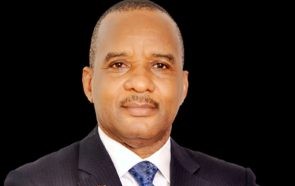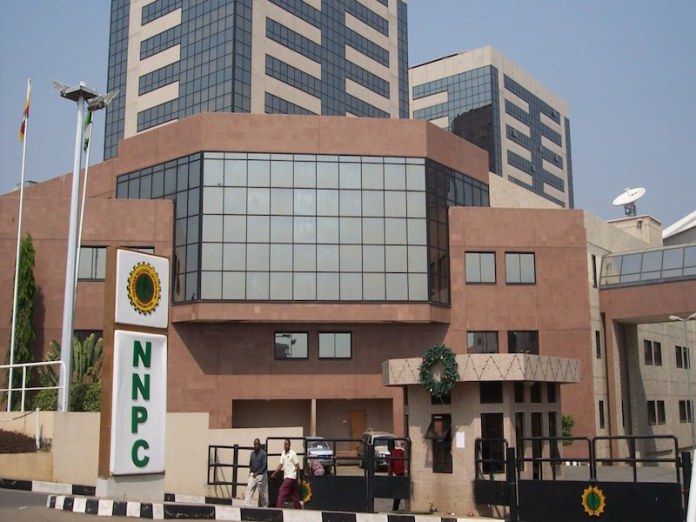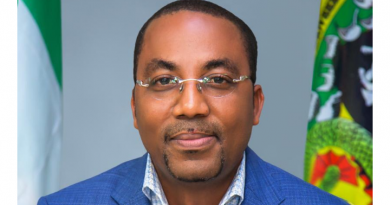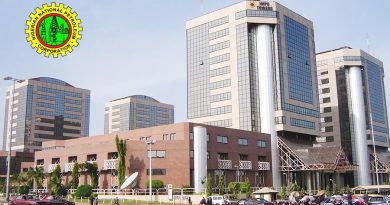FGN APPROVES DEEP SEA PROJECT
Oru Leonard
The Director General, Nigerian Maritime Administration and Safety Agency (NIMASA), Dr. Bashir Jamoh, has disclosed that the Federal Government of Nigeria has approved the Integrated National Security and Waterways Protection Infrastructure otherwise known as the Deep Blue Project to tackle insecurity in Nigerian waters and the Gulf of Guinea.
Dr. Bashir who made this known virtually during an NTA television programme: ‘Good Morning Nigeria’, to mark this year’s s 2020 World Maritime Day Celebrations with the theme: ‘Sustainable Shipping For Sustainable Planet: The Nigerian Dimension’, said 85% of the equipment have already arrived the country.
According to him, the assets include: special mission vessels, two special mission aircrafts, three special helicopters, a Command, Control, Computer, Communication and Information Centre with the acronym C4i.
He further revealed that the aggressive drive to secure and protect the waterways, led the agency to hold engagements with relevant security agencies, adding that it became imperative as no development can take place in an unsafe and unsecured environment.
Furthermore, he informed that as part of its initiative towards supporting the indigenisation policy in the country and in line with the Cabotage Act, only ships owned, operated by Nigerians or registered in the country will be allowed to engage in cabotage trade within the local vicinity and to ply on Nigerian waterways.
As regards human and capital development, Jamoh said that NIMASA has imported one of the largest Modular Floating Dock in Africa which when operational to will generate employment for over 350 Nigerians as well as conserve scarce foreign exchange.
Also speaking, the Vice President, Association of Marine Engineers and Surveyors of Nigeria, Emmanuel Ilori, observed that the role of the maritime industry in achieving Sustainable Development Goals (SDG’s) has been suppressed and this year’s theme is the perfect stimulus needed to raise awareness in the maritime sector in achieving of SDGs.
He also called on stakeholders and policymakers in the maritime sector to align with the International Maritime Organization’s (IMO), posture in the realisation of the SDG’s goals of low poverty, zero hunger and reduction in gas emissions among others.
Ilori further pointed out that 80% of global trade is facilitated through the sea, and urged stakeholders to harness the numerous opportunities the sector as well as empowering indigenous shippers.




